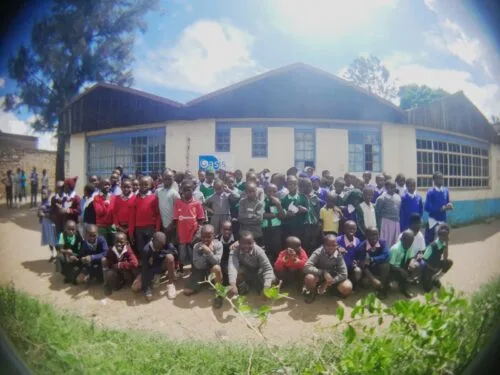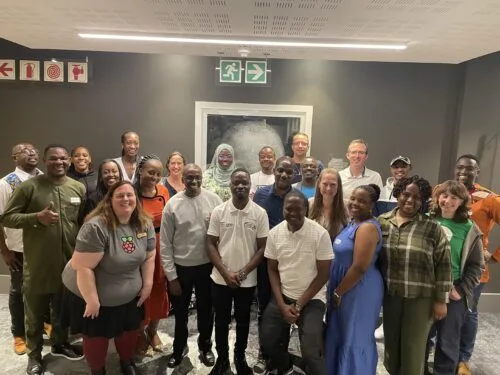Schlagwort: South Africa
-

Global Impact: Empowering young people in Kenya and South Africa
Reading Time: 5 minutesWe work with mission-aligned educational organisations all over the world to support young people’s computing education. In 2023 we established four partnerships in Kenya and South Africa with organisations Coder:LevelUp, Blue Roof, Oasis Mathare, and Tech Kidz Africa, which support young people in underserved communities. Our shared goal is to support educators…
-

Creating connections at our 2023 Africa partner meetup
Reading Time: 3 minutesWe partner with organisations around the world to bring coding activities to young people in their regions through Code Club and CoderDojo. Currently involving 54 organisations in 43 countries, this Global Clubs Partner network shares our passion for educating kids to create with technology. We work to connect our Global Clubs Partners…
-

Step Inside ‘Truth,’ a Steampunk Coffee Shop in Cape Town, South Africa
Reading Time: 2 minutesFeatures on interior design here on Colossal are few and far between, there are times when a space is so wholly original it’s just too hard to pass up. Case in point: Truth Coffee Shop in Cape Town, South Africa. This radically designed steampunk-themed coffee shop was created by Heldane Martin who considered the form factor…


